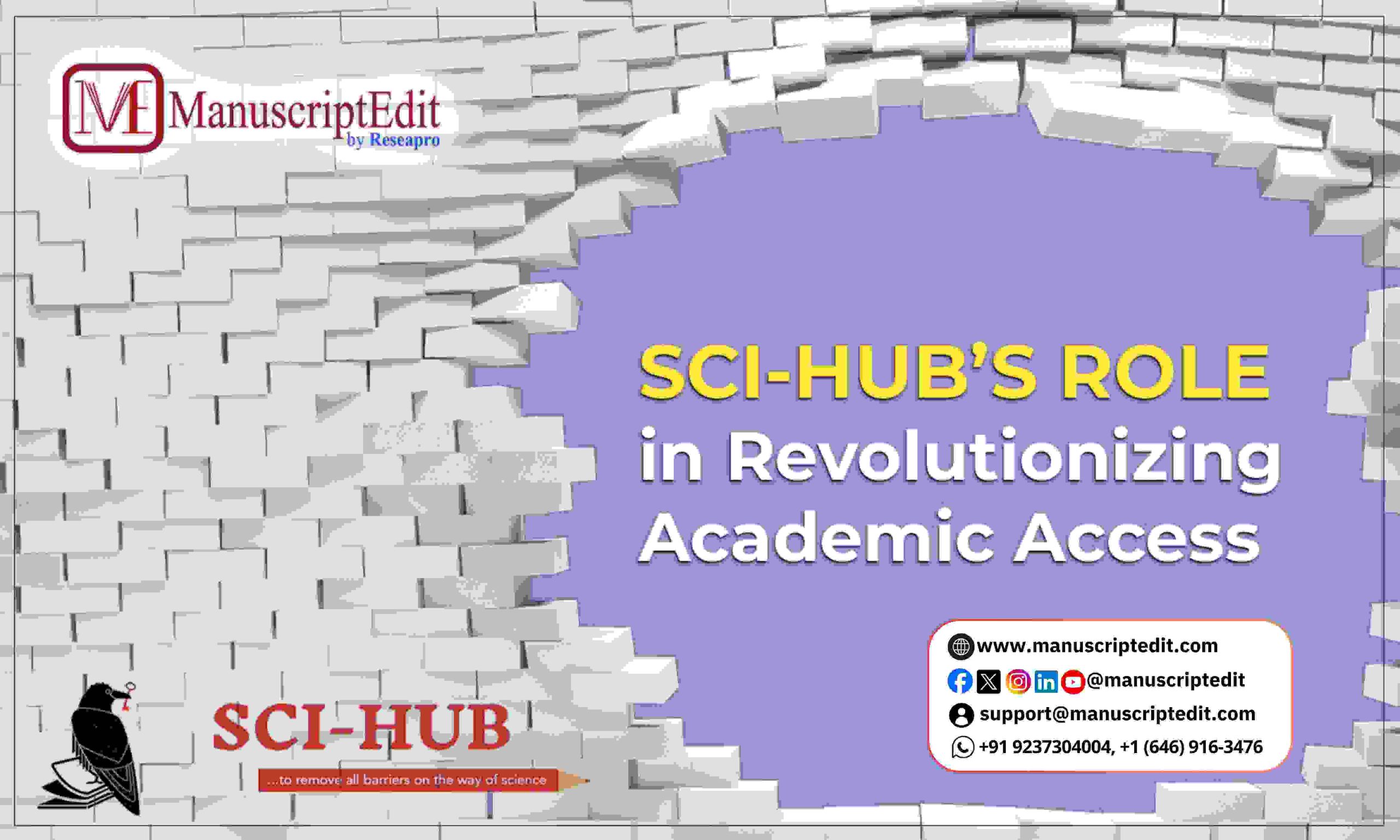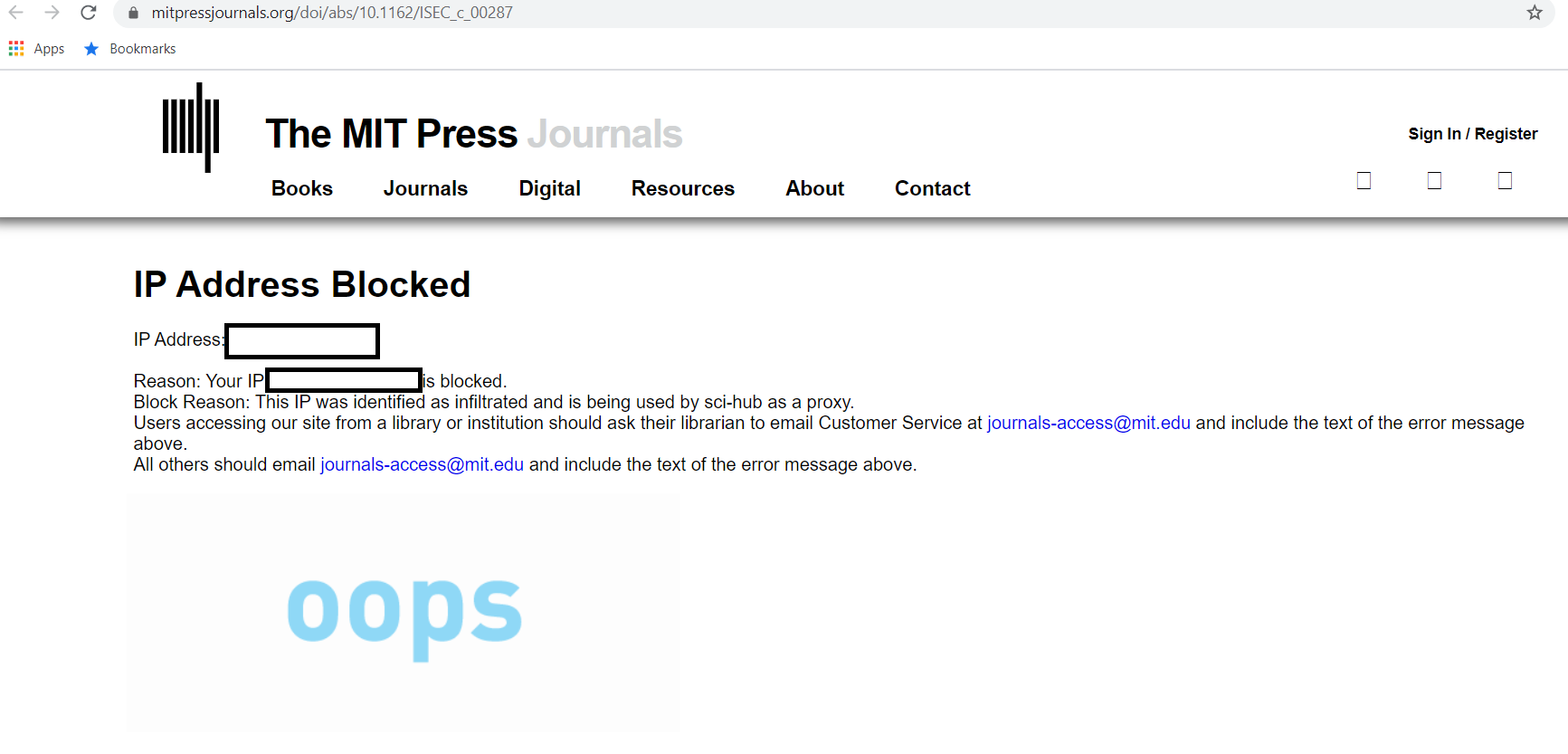 Using cutting-edge technology, Sci-Hub offers millions of research publications without charge, circumventing copyright limitations and paywalls. It was established in 2011 to foster free and open access to scientific knowledge and close the gap between academic resources and researchers.
Using cutting-edge technology, Sci-Hub offers millions of research publications without charge, circumventing copyright limitations and paywalls. It was established in 2011 to foster free and open access to scientific knowledge and close the gap between academic resources and researchers.
Despite its significance, academic access remains a significant obstacle that impedes scholars’ advancement, particularly in developing nations with constrained access to pricey journals and publications.
What happened with Sci-Hub?
The case of Sci-Hub Robin Hood highlights the limitations of traditional academic publishing. Paywalls and copyright restrictions hinder researchers, especially those in developing countries, from accessing vital information.
This slows scientific progress, creates an uneven playing field, and contributes to brain drain. Sci-Hub challenges this model by providing free access to research papers, promoting equitable knowledge distribution and accelerating discovery.
Like Robin Hood, Sci-Hub takes from those who have plenty (publishers) and gives to those who have little (researchers), democratizing access to knowledge and fostering a more inclusive scientific community.

Is Sci-Hub legal in India?
In India, Sci-Hub’s legal status remains ambiguous. While India’s copyright laws prohibit infringement, the Delhi High Court’s 2016 judgment in the Elsevier vs. Sci-Hub case ruled that Sci-Hub’s activities do not violate Indian copyright law. This legal ambiguity underscores the need for further discussion on open access and the limitations of copyright laws in the digital age.
Many Indian researchers and institutions, including the Indian Institute of Technology (IIT) and the National Centre for Biological Sciences (NCBS), openly use Sci-Hub, citing the need for access to research papers. While Sci-Hub’s legality is still debated, its widespread use in India highlights the need for open access to scientific knowledge.
Is Sci-Hub illegal in the USA?
Sci-Hub’s copyright infringement has made it illegal in the United States. In 2015 and 2017, Sci-Hub was sued twice in the United States for copyright infringement; both times, the company lost by default. Since then, the website has been compelled to switch domain names.
Sci-Hub has been charged with breaking copyright laws, which may relate to activities jeopardizing university network security.
Implications of Sci-Hub’s Legal Status
The legal standing of Sci-Hub has significant ramifications for researchers’ and students’ access to information. While its availability in other places democratizes access, its unlawful status in some countries impedes progress.
Open access projects like Sci-Hub, which question established paradigms and encourage fair information sharing, are critical to the future of academic publication because they will eventually advance human knowledge and innovation.
Conclusion
In conclusion, despite legal hurdles and controversy, Sci-Hub has revolutionized academic access by offering millions of freely accessible research publications. The educational community has significantly benefited from Sci-Hub, although its legality is up for discussion.
It has democratized access to knowledge and accelerated scientific advancement. Its legacy serves as a reminder of the necessity of both open access and reform of the conventional publishing model.
References
- https://www.quora.com/Is-the-use-of-sites-like-Sci-Hub-considered-illegal-since-they-provide-free-access-to-pay-walled-scientific-journals#:~:text=Is%20it%20illegal%20to%20access,for%20legal%20use%20IS%20illegal.
- https://www.emerald.com/insight/content/doi/10.1108/LHTN-03-2023-0053/full/html#:~:text=Sci%2DHub%20has%20been%20a,lack%20access%20to%20academic%20resources.
- https://bigthink.com/culture-religion/a-pirate-bay-for-science/



